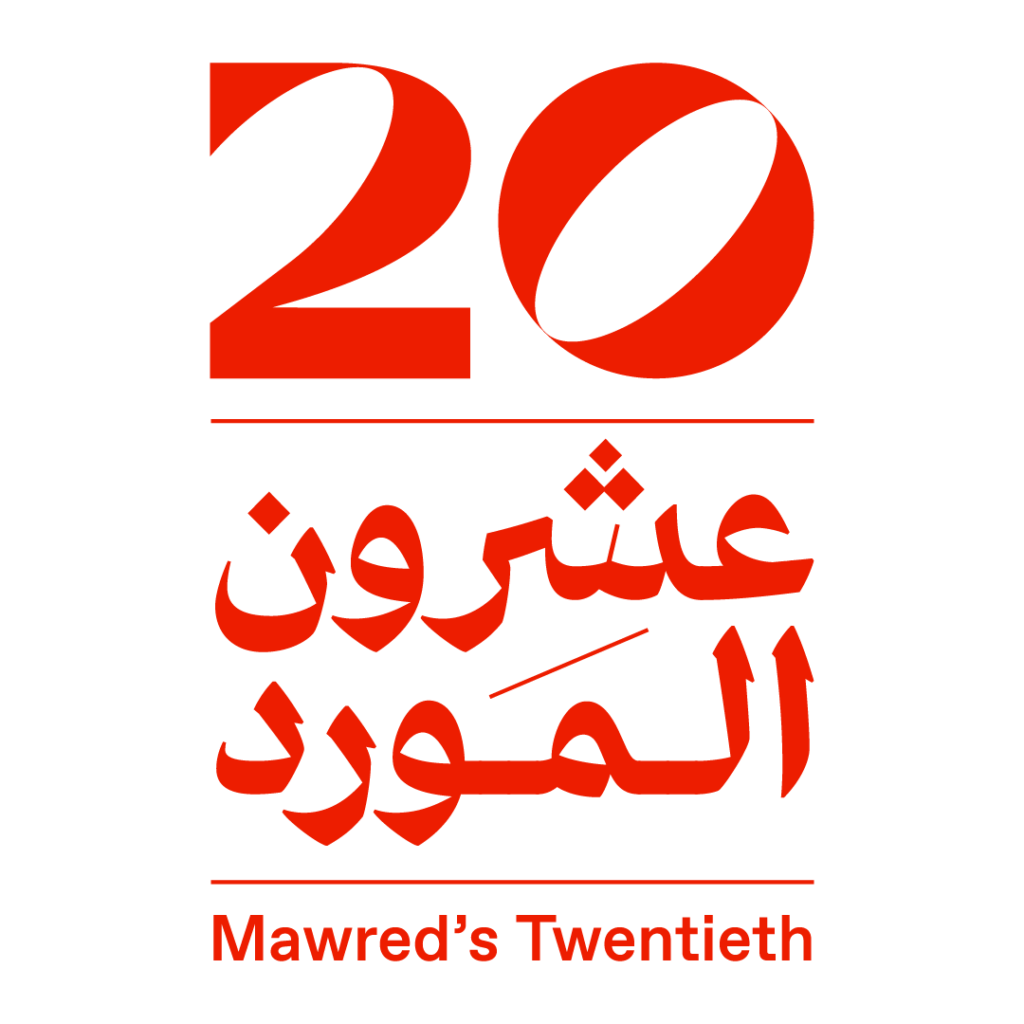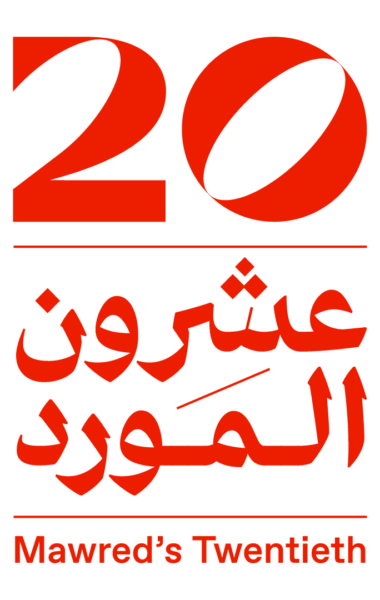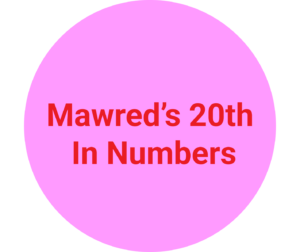This year marks the 20th anniversary of Culture Resource’s foundation by a group of artists and cultural actors from the Arab region.
The organization initiated its first activities in 2004 in Cairo, serving as its regional base, before gradually relocating to Beirut between 2015 and 2017. Over these past two decades, the Arab region has witnessed profound social, political, economic, and cultural transformations, culminating in the current moment, where we collectively feel its heavy impact. This year may be among the most challenging we have encountered in recent history; the Israeli occupation continues its atrocities in Gaza, amounting to plausible Genocide, and attacks on Palestine and Lebanon, with unclear implications. This is not to mention the perpetual conflicts in the region, and the consequences of climate change and technological transformations on intensifying economic and social exclusion in various Arab countries.
All of this prompts us to reflect on the general Arab and international landscape in which we operate and the growing challenges facing the cultural sector. It also underscores our collective need to devise innovative solutions for more equitable continuity.
Therefore, Culture Resource is approaching its 20th anniversary as an opportunity to reflect and experiment within the sector, seeking common ground that allows us to contribute to developing a project with societal pertinence. This project will be built upon a cultural vision deeply rooted in its locality, enriched by its pluralism, bold in questioning the prevailing realities and authorities, and radical in imagining a future characterized by justice and freedom.
The project’s approach is grounded in cultural rights principles for individuals, communities and groups, including freedom of speech and the ability to access and participate in cultural production. It is also shaped by the contextual realities experienced by the people in the region as they are enduring the repercussions of persisting hegemonic, colonial, and genocidal projects. Additionally, they are grappling with the aftermath of the shortcomings in numerous post-colonial nation-building projects that failed to fulfill the promises of independence, ensure the sustainability of essential services and support the cultural and artistic production of their communities. People in the region are also enduring the disappointment that followed their revolutions that could not fully achieve the desired change and the subsequent intellectual revisions. This is not to mention the other challenges that the region is facing, such as rising poverty in the majority of its countries, the growing inequality gap, illiteracy, unemployment, discrimination, threats against free speech, and the diminishing of democratic political life.
This approach calls for developing new forms of cultural solidarity in the Arab region and the world, drawing upon connections and support networks inside and outside the region. It aims at addressing common issues, particularities, and concerns that unleash creativity and imagination and foster collaborative efforts, which may transform into everyday cultural practices, ultimately shaping perceptions towards more just, equitable, liberated, and peaceful systems.

This year marks the 20th anniversary of Culture Resource’s foundation by a group of artists and cultural actors from the Arab region.
The organization initiated its first activities in 2004 in Cairo, serving as its regional base, before gradually relocating to Beirut between 2015 and 2017. Over these past two decades, the Arab region has witnessed profound social, political, economic, and cultural transformations, culminating in the current moment, where we collectively feel its heavy impact. This year may be among the most challenging we have encountered in recent history; the Israeli occupation continues its atrocities in Gaza, amounting to plausible Genocide, and attacks on Palestine and Lebanon, with unclear implications. This is not to mention the effects of perpetual conflicts, climate change and technological transformations on intensifying economic and social exclusion in various Arab countries.
Read More
All of this prompts us to reflect on the general Arab and international landscape in which we operate and the growing challenges facing the cultural sector. It also underscores our collective need to devise innovative solutions for more equitable continuity.
Therefore, Culture Resource is approaching its 20th anniversary as an opportunity to reflect and experiment within the sector, seeking common ground that allows us to contribute to developing a project with societal pertinence. This project will be built upon a cultural vision deeply rooted in its locality, enriched by its pluralism, bold in questioning the prevailing realities and authorities, and radical in imagining a future characterized by justice and freedom.
This approach is grounded in cultural rights principles for individuals, communities and groups, including freedom of speech and the ability to access and participate in cultural production. It is also shaped by the contextual realities experienced by the people in the region as they are enduring the repercussions of persisting hegemonic, colonial, and genocidal projects. Additionally, they are grappling with the aftermath of the shortcomings in numerous post-colonial nation-building projects that failed to fulfill the promises of independence, ensure the sustainability of essential services and support the cultural and artistic production of their communities. People in the region are also enduring the disappointment that followed their revolutions that could not fully achieve the desired change and the subsequent intellectual revisions. This is not to mention the other challenges that the region is facing, such as rising poverty in the majority of its countries, the growing inequality gap, illiteracy, unemployment, discrimination, threats against free speech, and the diminishing of democratic political life.
This approach calls for developing new forms of cultural solidarity in the Arab region and the world, drawing upon connections and support networks inside and outside the region. It aims at addressing common issues, particularities, and concerns that unleash creativity and imagination and foster collaborative efforts, which may transform into everyday cultural practices, ultimately shaping perceptions towards more just, equitable, liberated, and peaceful systems.




